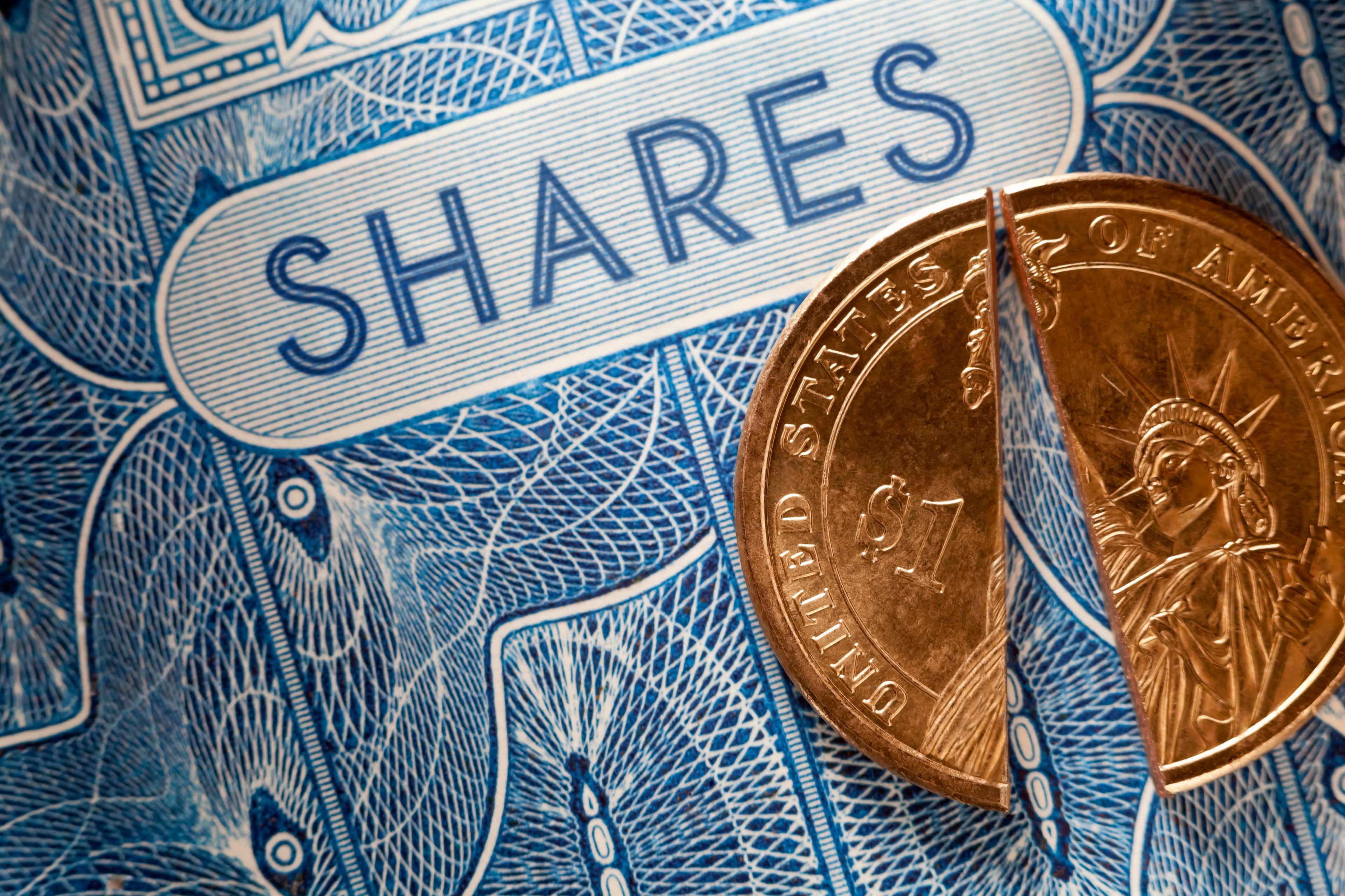While it may be tempting for some Facebook (FB 3.28%) investors to ignore the social network's Internet.org initiatives or choose to write them off as charitable, it is worth occasionally checking in on its efforts in this area. After all, not only is Internet.org's mission of connecting the two-thirds of the world without Internet important to Facebook, but these very causes could play a key role in helping the Third World to develop faster and eventually become Facebook customers.
On Thursday, Facebook made some critical announcements regarding Internet.org's efforts to give underdeveloped economies in Asia, Africa, and Latin America access to free basic Internet services on mobile phones. Here's a summary of Facebook's status as far as the rollout of Internet.org's plan is concerned:

This is the problem driving Internet.org's mission to connect the rest of the world. Image source: Internet.org.
Facebook launches Platform
The first step in Facebook's mission to connect the unconnected is to make basic free Internet services available on affordable phones, Facebook CEO Mark Zuckerberg has said. This is the step Internet.org is working on now.
One of the early criticisms of the Internet.org app was the social network's control of which apps were approved and which weren't. Zuckerberg defended the company's approach, saying it isn't sustainable to offer the entire Internet for free, "but it is sustainable to build free basic services that are simpler, use less data, and work on all low-end phones."
But despite Zuckerberg's defense of Facebook's initial approach, the company moved quickly to announce Platform, which is an open program for developers to "easily create services that integrate with Internet.org."
Platform, which was announced in May, is now live, bringing with it an additional 60 new services.
A name change
Facebook also said on Thursday it has changed the name of the app, now calling it Free Basics instead of Internet.org. "We're making this change to better distinguish the Internet.org initiative from the programs and services we're providing, including Free Basics," Facebook said.
While Facebook didn't admit this, the change will also undoubtedly help users differentiate between its Free Basics and full-fledged access to the Internet.

"Free Basics by Facebook." Source: Facebook.
An optimistic update
The company also provided some promising information on how Internet.org is driving meaningful traffic for some services.
The program is making an impact on people's lives by providing free health, education, and economic information. For instance, SmartBusiness, a website that helps people learn to launch and run a business, now sees 5x more daily searches within their service since launching in South Africa in July, meaning more people are getting access to important economic information. BabyCenter and MAMA both reach millions of people around the globe with vital health information for pregnancy and parenting, including 3.4 million people through Internet.org's free basics services alone.
When investors consider Facebook's Internet.org, they should make sure to understand the big picture of how the economics work. Facebook doesn't subsidize the cost of Internet for operators. Instead, the operators offer Internet for free for the Free Basics app -- even without a data plan -- in hopes that Free Basics will help teach unconnected people the value of the Internet and subsequently compel more people to eventually purchase a data plan. If Free Basics helps carriers add more customers to its wireless Internet plans than it would without the app, then the economics of offering free data in the Free Basics app are likely to work out favorably for wireless carriers.
Longer term, of course, the hope is that Facebook will play a key role in helping these economies develop faster and, as a result, eventually drive revenue opportunities for the social network in these markets. But, as Zuckerberg said in a Bloomberg Business interview earlier this year, we're talking "a 10-, 20-, 30-year time horizon."






